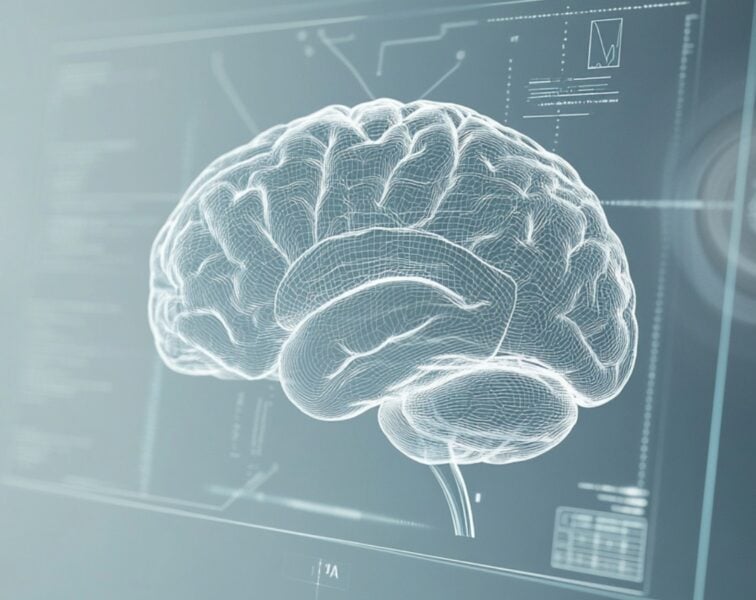Free Article
Research Worth Sharing: July 2025 Edition
Free Article
Oldies-But-Goodies, June 2025 Edition
Free Article
Research Worth Sharing, December 2024 Edition
Free Article
Oldies-But-Goodies, December 2024 Edition
Free Article
Oldies-But-Goodies, December 2024 Edition
Free Article
Research Worth Sharing, October 2024 Edition
Guest Episode
Reforming medicine: uncovering blind spots, challenging the norm, and embracing innovation
Ep. #317 with Marty Makary, M.D., M.P.H.
Guest Episode
Rethinking nutrition science: the evolving landscape of obesity treatment, GLP-1 agonists, protein, and the need for higher research standards
Ep. #314 with David Allison, Ph.D.
Free Article

























